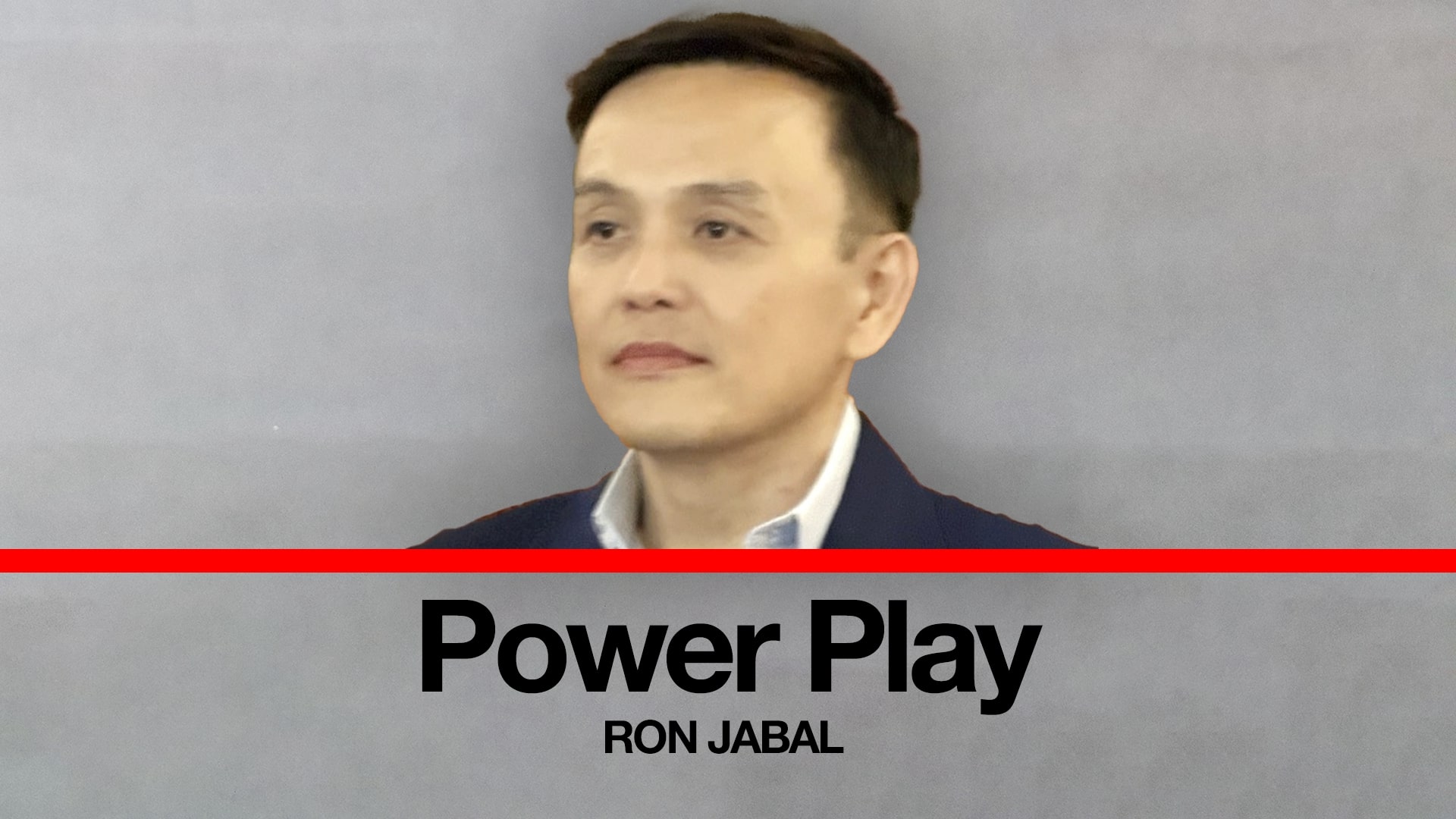On a chilly afternoon, a modest crowd of Filipinos gathers outside the International Criminal Court (ICC). Some hold placards bearing Rodrigo Duterte’s face. Others carry candles. A few sing “Happy Birthday” to his youngest daughter, Kitty, who just turned 21. The mood is part prayer vigil, part birthday party, and unmistakably political.
This is not simply an overseas family celebration. It is a political act of devotion to a man currently detained and facing charges of crimes against humanity. To many, it is perplexing. Why defend a former president whose war on drugs allegedly cost thousands of lives, now being held to account by one of the world’s highest courts?
To understand this moment is to understand Dutertismo: a political culture that transcends electoral terms and geographic boundaries. It reveals how, in Filipino political life, leadership is not just measured by programs and policies, but by emotional resonance, shared identity, and cultural myth-making.
Politics as Personal Loyalty
Dutertismo is often viewed reductively as authoritarian nostalgia or populist appeal. But for many Filipinos, especially those in the diaspora, it is more than that. It is a deeply personal belief system built around a man who presented himself not as a traditional politician, but as a protective father, Tatay Digong. He cursed like the common man, promised swift justice in a nation long plagued by corruption, and spoke in a tone that felt urgent and real.
Among Overseas Filipino Workers (OFWs), this resonated strongly. Having left behind a country often marred by slow systems, abusive institutions, and elite politics, Duterte’s promise of order and decisiveness struck a chord. His unapologetic “strongman” image translated into comfort: that someone back home was watching over their families.
This emotional connection is at the heart of Dutertismo. It’s why, even as legal institutions pursue accountability, his supporters see his arrest not as justice but as persecution.
From Leader to Martyr
At the gathering outside the ICC, Duterte’s long-time partner Honeylet Avanceña shares his own reflection: “Kung sino pa ‘yung may matinong nagawa sa bayan, siya pa ang nasa loob.” (The one who did right by the country is the one in jail.)
This sentiment reinforces a narrative many supporters hold dear i.e. that Duterte is not suffering for his mistakes, but for his strength. That he is being punished not for abuse of power, but for using it in ways others were too afraid to. In this telling, Duterte is no longer merely a leader: he is a martyr.
And martyrs, in Philippine political culture, do not fade. They endure.
Political Devotion as Diasporic Identity
The scene in The Hague is also a mirror of diasporic identity. OFWs form one of the largest, most economically vital populations in the Philippine body politic. Yet they are often politically marginalized. In defending Duterte, some are not just standing up for a man. They are asserting their continued stake in a country they physically left but never emotionally departed from.
Their display of loyalty, through birthday songs and candles, is not just symbolic. It reflects a broader pattern in Philippine politics: where emotional demonstrations and public rituals (funerals, novenas, vigils, birthday salubongs) serve as arenas of political belonging.
This is political culture as performance, not staged or inauthentic, but deeply rooted in shared meaning.
The Persistence of Dutertismo
Dutertismo lives on not just in supporters, but in new forms: in the figures who now claim his mantle, in slogans that echo his ethos, in narratives that paint him as victim rather than perpetrator. Its durability is proof that Filipino politics is often not about platforms. It is about personhood. Leaders become vessels for public hope, fear, and frustration. They embody collective desire for order, strength, and protection.
For critics of Duterte, the ICC is the necessary reckoning for a violent past. For supporters, it is a betrayal of a man who fulfilled his promises, however harshly.
Filipino political culture thrives in these tensions. It is not easily categorized as left or right, authoritarian or liberal. It is a politics of proximity and personality, of symbolism and sentiment, of history and heartbreak.
In the Cold, They Wait
The supporters in The Hague remind us that justice is never seen the same way by all. It is refracted through experience, through the pain of exile, the pride of identity, the longing for home.
Duterte’s time in Malacañang may be over. But the movement he ignited endures. And on a quiet street in a foreign land, a group of Filipinos, candles in hand, show us that in the Philippines, politics is never just political. It is personal, devotional, and deeply, undeniably cultural.









